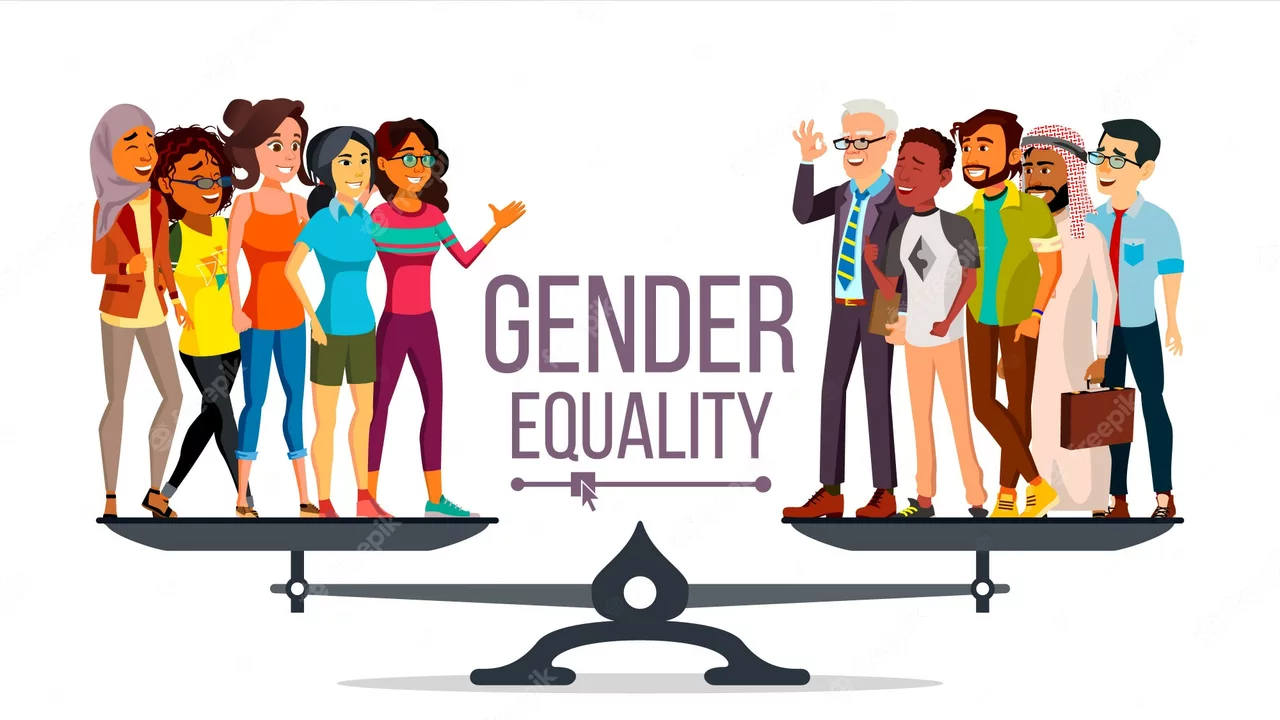Sexism: Real Stories and Practical Insights
Sexism shows up in everyday conversations, workplace policies, media headlines and even in the jokes we tell ourselves. On this page you’ll find a collection of articles that pull back the curtain on how gender bias affects people in India and beyond. Whether you’re looking for personal anecdotes, data‑driven analysis, or simple steps to challenge unfair attitudes, the pieces below give you a straight‑forward view without any fluff.
Why Sexism Still Matters in 2025
Many think the fight against sexism is over, but recent surveys reveal that women still earn less, face harassment, and are under‑represented in leadership roles. One article explains how cultural expectations around “appropriate” behavior for men and women keep these gaps alive. It points out that the problem isn’t just about overt discrimination; it’s also about subtle cues—like the way a news outlet describes a woman’s appearance more than her achievements. Understanding these fine‑grained patterns helps you spot bias before it becomes a bigger issue.
Another piece dives into the media’s role, showing how headlines often frame the same story differently when a male versus a female subject is involved. The writer breaks down a few recent examples, making it easy to see how language shapes perception. By learning these tricks, you can call out double standards the next time you scroll through your feed.
Practical Steps to Challenge Sexism
Changing attitudes starts with small, consistent actions. One article suggests three quick habits: pause before making a gendered comment, ask for data when a claim feels stereotypical, and amplify voices that challenge the norm. The author shares a personal story about how a simple question—"Why do you think that role is for men?"—sparked a deeper discussion at work and led to a more inclusive project team.
Another contribution focuses on education. It recommends five free online resources where you can learn about the history of gender inequality in India, from colonial era laws to modern workplace policies. The guide also lists a few books and podcasts that break down complex ideas into everyday language, so you don’t need a sociology degree to join the conversation.
For those who want to get involved locally, there’s a step‑by‑step outline on organizing a community workshop. It covers finding a venue, promoting the event on social media, and creating interactive activities that let participants share their own experiences without feeling judged. The goal is simple: turn abstract concepts into real‑world dialogue that can lead to change.
All the articles on this tag are written by contributors who care about gender fairness, and they do it in a tone that feels like a chat over coffee—not a lecture. Dive in, pick the pieces that speak to you, and start using the ideas today. Sexism isn’t a distant problem; it’s something we all encounter, and with the right info, we can all play a part in fixing it.
Do you think Times of India is sexist?

